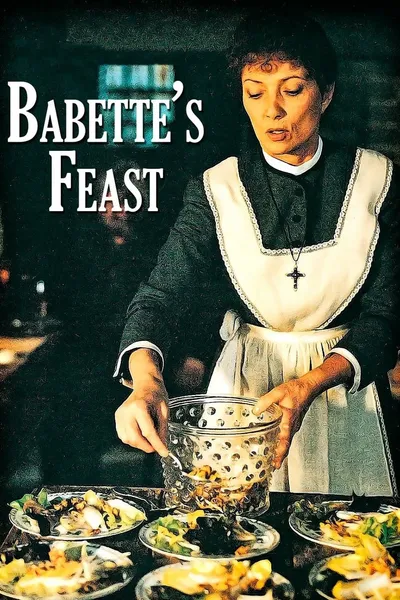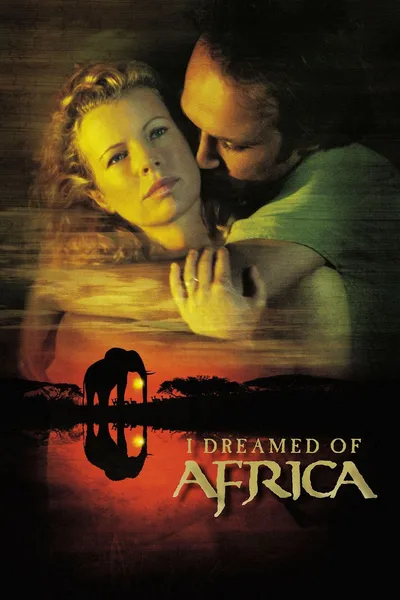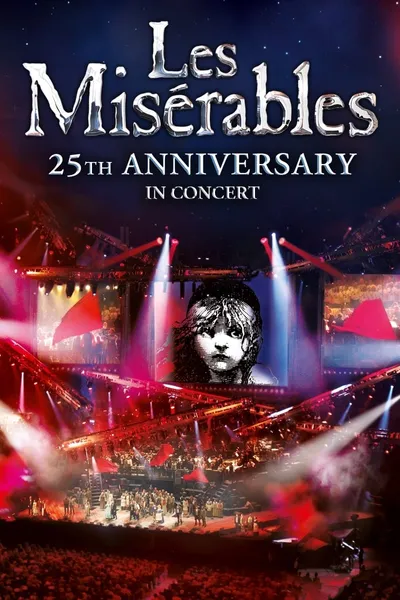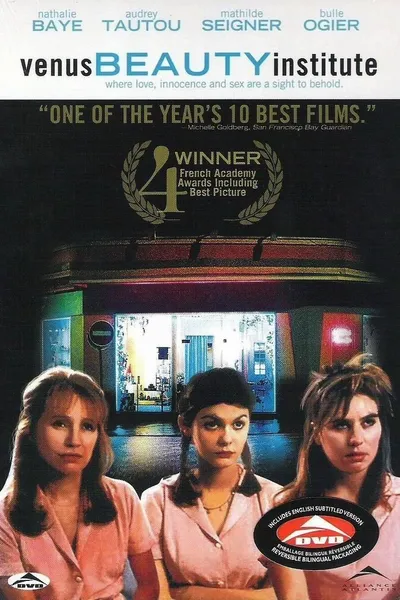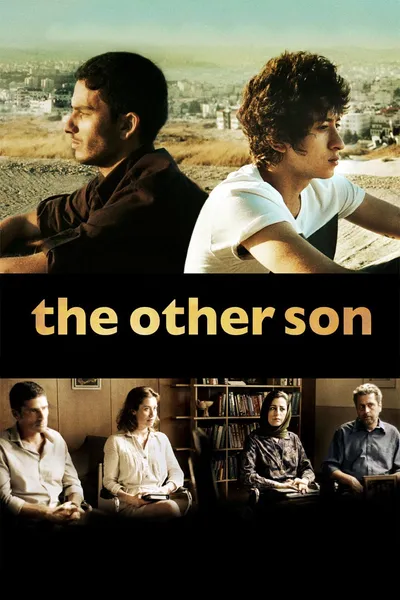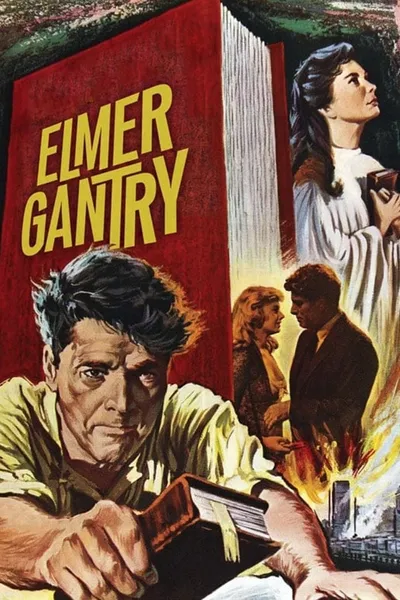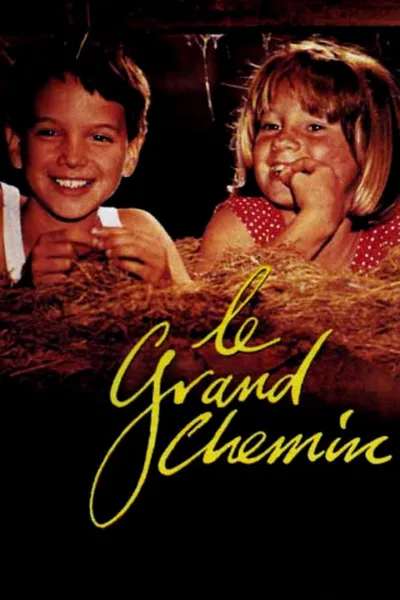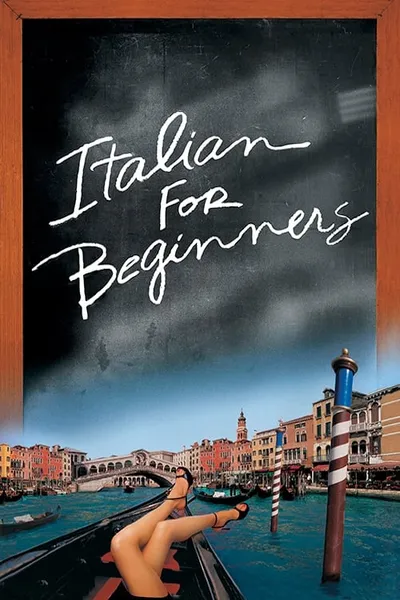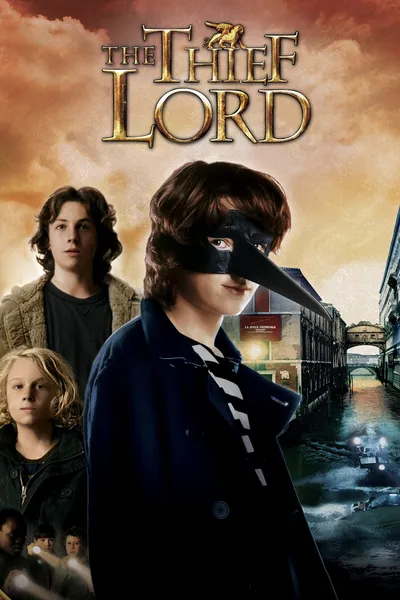Reviews


CRCulver
September 12, 20185.0
Based on a Karen Blixen story, Babette's Feast is a heartwarming tale of generosity in 19th century Denmark. As the film opens, we are introduced to Martine and Philippa, daughters of a charismatic preacher in a tiny Jutland village. Dedicated to their father's work, they turn down the courtship of a Danish officer and a French musician. Decades later, the musician sends them Babette, a refugee from the destruction of the Paris Commune, in the hope that the sisters can shelter her and employ her as a maid. When she wins an annual lottery, Babette decides to put on a feast for her employers, but no one expects the depths of selflessness she goes to.
Babette's Feast is entertaining enough, and it gives an idea of just how dull and messy life in Jutland was at this time. The details of the feast will make you salivate and dust off the French cookbook, and certainly the ending will make you say "Aww" in spite of how clumsily it's put on film. Otherwise the acting isn't too revelatory, and the humour is pretty basic (the same joke is even used twice). One professional reviewer said this doesn't aim much higher than a television movie, and I'd have to agree.

r96sk
February 15, 20247.0
Well, 'Babette’s Feast' is exactly what it says on the tin, that's for sure.
It is a film that I'd personally refer to as 'good', though my interest did ascend and descend interchangeably throughout. The religiously and sing-y scenes were the parts that kinda lost me if I'm honest, but there is still enough there that I had a fine time seeing unfold - the characters for one, and then the final feast itself is decent viewing.
Stéphane Audran is the best performer onscreen, I enjoyed her showing. The actresses that play Filippa and Martine, both younger and older, are solid. Beyond them, the rest of the cast all kinda merge into one in my memory as being alright. It's very much all about Audran, I'd say.
I do like how the film unfolds and what it has to end up saying, there is charm in there. I just personally would've had it move along at a slightly quicker pace because this does drag a tiny bit in parts; and that's despite it only being practically a 90 minute movie. Overall, though, it's a pass from me.

Wuchak
August 15, 20246.0
**_The moment when “Mercy and truth… have kissed each other”_**
In a northern Jutland village, two daughters of a pietistic Lutheran pastor are dutiful spinsters by 1871 (Bodil Kjer and Birgitte Federspiel) when they take-in a Parisian refugee who “can cook” (Stéphane Audran). Fourteen years later, the latter insists on banquet for the dwindling congregation and a Hussar general, a former suiter of one of the sisters from decades earlier (Jarl Kulle).
A Danish production, “Babette’s Feast” (1987) was based on the short story by Isak Dinesen, aka Karen Blixen, who’s also known as the author of “Out of Africa.” I point that out because this has the same quietly dramatic tone, just transplanted to a family of ascetic rural Protestants in 1800’s Denmark.
To enjoy this, you have to be in the mood for period drama along the lines of “Mysteries” (1978) or “Mayflower: The Pilgrims' Adventure” (1979). This is even more mundane and subtle than those, but it’s rich with underlying meaning, such as two opposing things meeting at the table of the true artist for respite, e.g. worldly disillusionment and stiff pietism, Protestant and Catholic, upper-class and lower-class, the experienced and the naïve, bickering congregant and fellow congregant, older self and younger self, etc.
I said the movie was subtle, and it is, that is until the third act when a couple of bits are laid on too thick. But, man, I loved the part about loving someone every day, decade after decade, even though you can’t physically be together for one reason or another.
It's at least 20 minutes overlong at 1 hour, 42 minutes. And was shot in Denmark with the village located at Vigsø, Thisted Kommune.
GRADE: B-

CinemaSerf
July 3, 20257.0
Now if you’re not up for a genuine dose of human kindness then this isn’t going to be a film for you. It’s all about the young “Babette” (Stéphane Audran) who has been taken in by a pair of spinster sisters who, despite plenty of opportunity, found themselves tied to their preacher father’s apron strings throughout his life, and who are now living life largely just waiting for it’s end. “Filippa” (Bodil Kjer) and “Martine” (Brigitte Federspiel) take after their father and are deeply religious in a community where the kirk is central to daily life, and so it seems the Christian thing to do to take in the struggling young girl who is fleeing from the slaughter of the Franco-Prussian war. Never thinking for a moment that she would ever be able to repay their kindness, she goes and wins the lottery and that’s when she decides that she will prepare a grand meal for her benefactresses and the village’s great and good. Now we are not talking pickled herring here, this is all going to be proper haute cuisine and so when the finest ingredients for the feast arrive, the village’s staid and gossiping population get all wound up. Such largesse, extravagance and indulgence - and from the culinary hands of a Roman Catholic! Might there be thunderstorms overhead their devoutly Protestant roofs? Of course, as the chatter increases and the day itself arrives, we find that there are quite a few cracks in this outwardly worthy little town and “Babette” might just end up exposing a few delicately hidden home truths from the townsfolk for us to savour as surely as we were enjoying a fine soufflé. The guest of honour is the acclaimed general “Lorens” (Jarl Kulle) who was previously in love with “Martine” before her father discouraged him, is now a regular at the Court in Copenhagen and as a former attaché for the king in Paris, he is able to offer a critique of a table that initially offends their more reserved tastes. The thing is, might her sumptuous dinner serve as something therapeutic and cathartic, or will pastries fly? This is a beautifully crafted film with three simple but enthralling performances leading a gentle analysis of religion, of the role of women and, most importantly of all, the role of food in creating an environment for people to thrive. There’s fun to be had amongst the superstitious churchgoers and the conclusion rather eloquently tops-off this engaging fairy tale of a film. This is a classy and stylish production that is really well worth and hour and an half and in case you didn’t know, it was written by the very Baroness Blixen that Meryl Street had brought to greater fame two years earlier.
Recommendation Movies
I Dreamed of Africa2000
Best Friend2018
Stewart Lee: Content Provider2018
When the Last Sword Is Drawn2003
Be-Bop-A-Lula2018
Yossi2012
Polizei1988
35 Shots of Rum2009
The Left Handed Gun1958
The 317th Platoon1965
Wild Mouse2017
Les Misérables: 25th Anniversary in Concert2010
Little Tito and the Aliens2018
Venus Beauty Institute1999
The Other Son2012
Elmer Gantry1960
The Grand Highway1987
Italian for Beginners2000
The Emerald Forest1985
The Thief Lord2006
© 2025 MoovieTime. All rights reserved.Made with Nuxt
